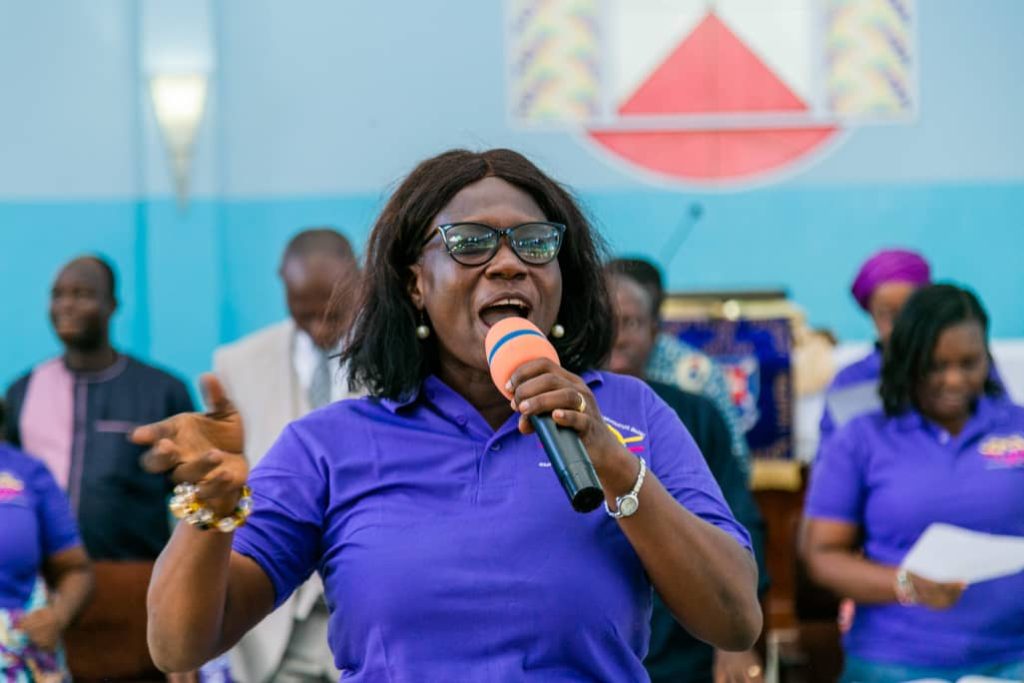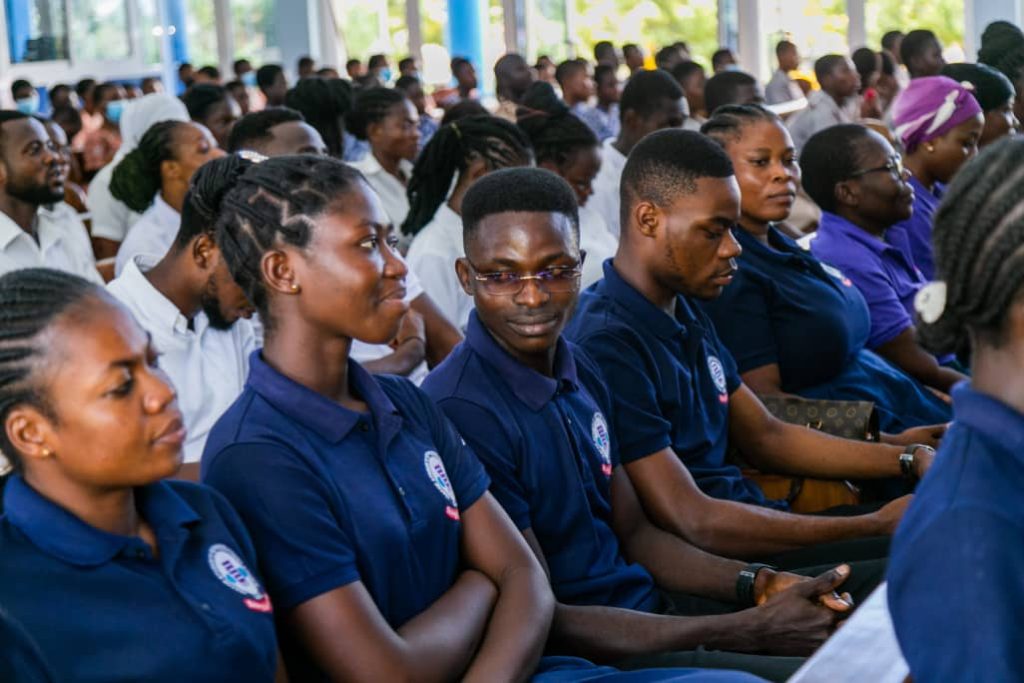By Hafsa Obeng
Accra, Mar. 24, GNA – The Home Economics Teachers Association of Ghana (HETAG), an Association formed to offer proper training to Home Economics teachers across the country, has been inaugurated in Accra.
The inauguration, on the theme: “Empowering livelihoods with home economics and waste management,” coincided with this year’s World Home Economics Day on March 21.
Dr Theresa Amu, Dean Faculty of Home Economics, University of Education, Winneba, said the inauguration came at a time when the international
federation of Home Economics was exploring ways to use the profession to change several aspects of the economy, especially unemployment.
She said Home Economics had the means to change the narrative of the country’s economy, sanitation and hygiene situations once the teachers were given the right knowledge and tools.
She said it was an integrated multi-disciplinary versatile and unique programme with three distinct areas of learning namely Food and Nutrition, Clothing and Textiles and Management in Living, providing both theory and practical bodies of knowledge, skills and competences for empowerment.
She said the programme had the capacity to empower livelihoods based on its nature.
“It has multi-interfaces with which to connect and engage employment opportunities in both the public and private sectors of the economy,” he said.
Dr Amu noted that the three main areas of the programme had their own body of knowledge, skills and competences relevant for the generation of income to sustain livelihoods.

“Home Economics therefore has more than enough to empower livelihoods.”
“The birth of Home Economics in Ghana for me is one of the good things that happened to the country at the time when it was experiencing socio-economic and cultural changes occasioned by the presence of the Europeans when they invaded the space of Africa, including Ghana.”
She noted that its uniqueness and empowerment abilities lay in the fact that it focused on the family and its members; the basic unit of society for which and by which development
agenda were carried out and its composite body of knowledge, inherent skills and competences promote the acquisition of knowledge, skills, development of attitudes and behaviours that were life-changing for sustainable living.
Dr Amu said right from its inception in Ghana the
programme had proven to be a game changer, changing the fortunes of women in particular, families, communities and Society in general.
“Many women gained and continue to gain socio-economic freedom through Home Economics and have been able to lift themselves and homes from extreme poverty, deprivation and possible death to improved quality of life and self-actualization.”
She said, “the acquisition of and application of Home Economics knowledge, skills principles, methods and processes have contributed immensely to improving living conditions of individuals and families in areas of childcare, nutrition, health, housing, marriage, grooming, fashion, sanitation and family living.”
Many Small and Medium Scale Enterprises (SMEs) have been given birth to base on Home Economics related knowledge and skills; providing opportunities for income generation to support livelihoods. It is therefore not out of place to say that Home Economics empowers livelihoods and has the capacity to do so now.
She noted that even though it had opportunities to be exploited to empower livelihoods, it was not enjoying the recognition it deserved.
She urged stakeholders to work at breaking the shells built around themselves and collectively, showcase what Home Economics has to offer for empowerment and how its empowerment potentials could promote livelihood sustainability, growth, and development.
“Livelihood empowerment, if properly orchestrated, results in growth, development, productivity, sustained flow of incomes, consumption and generation of waste which needs to be managed.”
On the issue of waste management, Dr Amu said waste management was one of the channels identified under Home Economics for Livelihood empowerment.
“This is because waste has value and what is waste at one end is a resource at another. However, until the potential of generated waste is assessed to
identify its resource potentials, it remains a menace causing havoc to life and property.
She stated that Home Economists were contributors to the problems of waste management and at the same time possess the capabilities to bring about positive change in the game of waste management for the benefit of all.
“We as Home Economist have allowed ourselves to be stalked for far too long. As stakeholders in education and in the insurance of families wellbeing, we must interrogate the status quo, engage in collaborative efforts to bridge the gaps between education and industry, use modern technology, conduct meaningful research to expand knowledge and to
solve individuals, families and societal problems to make home Economics relevant and attractive.”
Mrs Augestina Brown, Coordinator HETAG, said the aim of the Association was to bring all trained and untrained Home Economics teachers under one umbrella to be trained and equipped to be able to teach the programme.
She noted that there were very few Home Economic teachers, especially at the basic school level, so some teachers had taken it upon themselves to help in teaching the programme for the pupils to be able to learn and write their final examination.

“Hence, we thought it wise to bring all these teachers together to champion the course and we urge the male sex to also generate interest in the programme so that we will have teachers to learn and teach the programme.”
GNA